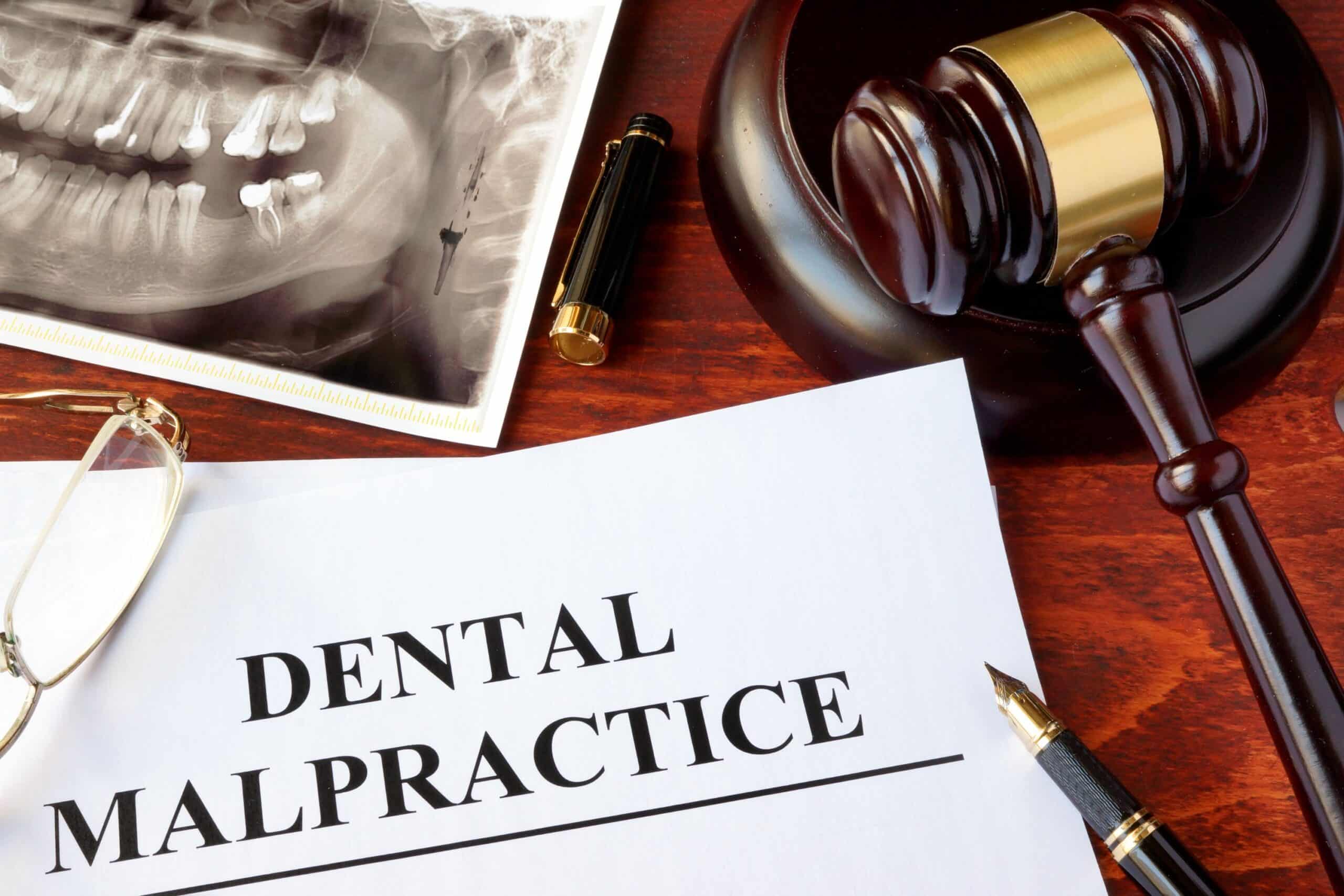Free Consultation
Free Consultation

Just like doctors and others in the medical professions, dentists can make mistakes with patients. Sometimes these mistakes rise to the level of malpractice.
If you have suffered due to your dentist’s negligent or reckless actions, it may be worth thinking about filing a malpractice suit against them. Below we’re going to dive into what a dental malpractice claim looks like, focusing on what kinds of damages you can actually sue for.
As with medical malpractice, dental malpractice is when a dental provider violates the accepted standard of care and you experience injury due to the violation.
To win a case against your dentist, you and your attorney must prove these four elements are true:
Examples of dental malpractice include the following:
This list is not exhaustive. There may be other ways dental malpractice has occurred in your case. Check with a knowledgeable New York injury attorney for more details.
Also important: the state of New York requires that you file a claim of dental malpractice within two-and-a-half years of the injury. This may be when a single treatment occurred or after a series of treatments, depending on the situation. You must file within this time period or you will not be eligible to receive any compensation.
There are a number of different types of damages that apply to a dental malpractice suit.
Medical expenses. Often if a dentist makes some kind of medical error, fixing that error means undergoing further treatment. Depending on the specific circumstances, this might mean surgery, hospitalization, visits with other doctors or dentists, rehab, and more.
All of this adds up in a very literal way since you will be charged for any medical help you receive. If your medical bills are due to the dentist’s actions, you can sue and demand that he or she pay them.
Lost income. The time it takes to go to medical appointments doesn’t just come out of thin air. If you work, you will have to take time away from your job to go to these appointments. Additionally, it is possible that the nature of your dental malpractice injury may prevent you from working either temporarily or even on a permanent basis.
All of this means lost income, and all of that income you would have been earning can be tallied up and put in your lawsuit as something else you deserve to be compensated for.
Pain and suffering. While there’s no specific bill or number attached to pain and suffering, it too is something that you can sue for in a dental malpractice suit. After all, you wouldn’t have had to endure that pain and suffering if it weren’t for your dentist’s actions.
Punitive damages. Though not as common, since they are literally meant as a way to punish dentists for wrongdoing, if your dental provider acted recklessly, the court may award punitive damages to you based on evidence presented by your attorney.
By their very nature, medical and dental malpractice suits are complicated. A skilled New York personal injury attorney will know how to navigate these often murky waters and fight back against insurance companies who often resist paying compensation. He or she will also likely call other dentists or oral surgeons to testify as expert witnesses who can solidify your argument that the standard of care was breached.
Additionally, they will be able to calculate damages and provide an estimate to you. Damages are calculated based on level of pain, whether the situation can be corrected, the level of error, the seriousness of the injury, the impact on future abilities to speak or chew, and whether the act aggravated a preexisting condition.
Contact our office by email or calling (800) 762-9300 for a free evaluation. You can also simply fill out one of our case intake forms and we will have one of our attorneys get right back to you. We will review your case and determine whether you have grounds for seeking compensation for your injury.